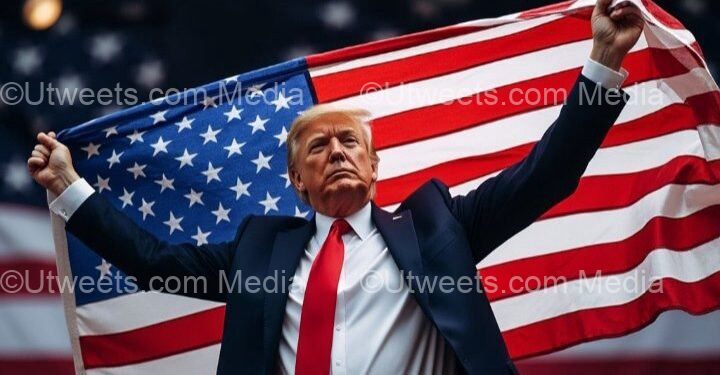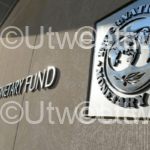The Nigerian currency is bracing for challenges as the U.S. dollar surges following Donald Trump’s return to the U.S. presidency. The naira traded at N1,678/$ on the official market last Friday, a loss of N39 from Thursday’s rate of N1,639/$. Data from FMDQ indicates that the naira has shed over 70% of its value against the dollar since its free-market adjustment in June 2023, a move aimed at restoring investor confidence in the Nigerian economy. ...READ THE FULL STORY FROM SOURCE ↔️
Some prominent companies with dollar-denominated obligations have reported significant losses due to the naira’s sharp devaluation.
Among them, Nigerian Breweries and Nestlé Nigeria saw increased liabilities due to their dollar exposure.
Nigerian Breweries and Nestlé Nigeria saw increased liabilities due to their dollar exposure.
More insights
A recent survey by the Central Bank of Nigeria (CBN) revealed that Nigerian businesses expect further naira depreciation through December, with recovery anticipated next year.
The administration of President Tinubu launched a bold effort to overhaul Nigeria’s exchange rate policies to attract investors and stimulate economic growth.
The objective was clear: modernize currency valuation methods to drive investment.
As U.S. President-elect Donald Trump assumes office on January 20, 2025, his administration is expected to influence global markets.
Trump’s well-known “America First” policy, which prioritizes energy independence, could lead to lower oil prices if U.S. domestic production rises, squeezing Nigeria’s oil revenue and placing additional pressure on the naira.
Analysts suggest a stronger dollar may be likely under Trump, potentially driven by high tariffs and protectionist policies.
Additionally, while the Federal Reserve continues its interest rate cut cycle, some traders expect a stronger greenback to prevail in 2025 with Trump’s return, potentially pushing the naira into the N2000/$ range.
Trump’s administration could also alter U.S. investment in Africa. While Trump’s skepticism about foreign aid may reduce U.S. development assistance, expansion of programs like “Prosper Africa” could improve liquidity in Nigeria’s foreign exchange market.
Market projections
The market projects that the haven currency will likely continue to rise in value relative to the other major currencies in the midterm. Friday saw an upside in the dollar despite the expected decline in U.S. rates that the Federal Reserve sets.
The Federal Reserve reduced interest rates from 4.5 per cent to 4.75 per cent, marking its second rate cut of the year.
This comes after a half-point cut in September, the first since March 2020.
The monetary authority did not rule out the prospect of another rate cut in December; much depends on the economy’s growth.
First, the already high US fiscal deficit of 6.5 per cent of GDP is expected to increase, further pushing up Treasury yields. Trump wants to extend the Tax Cuts and Jobs Act of 2017, which passed during his first term and will expire at the end of 2025.
There is still a good chance that a divided legislature will extend the tax cuts if the Republicans cannot win a majority in the House.
What you should know
The Trump administration will have little trouble cutting taxes even more if the Democrats cannot retake the House of Representatives.
However, it is unlikely that the dollar’s current strength will endure for the entirety of Trump’s four-year term. The greenback faces numerous long-term threats the incoming president might pressure the Fed to continue lowering interest rates regardless of an inflation recovery.
When Powell’s tenure as Fed chair ends in May 2026, Trump is also expected to take over. A submissive successor would weaken the dollar, inciting concerns about the central bank’s independence
In conclusion, the Naira will be impacted under Trump’s presidency, but the kind and degree of this influence will depend on a wide range of internal and international factors outside the US policy orientation.




